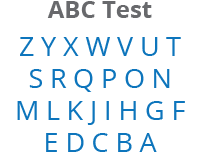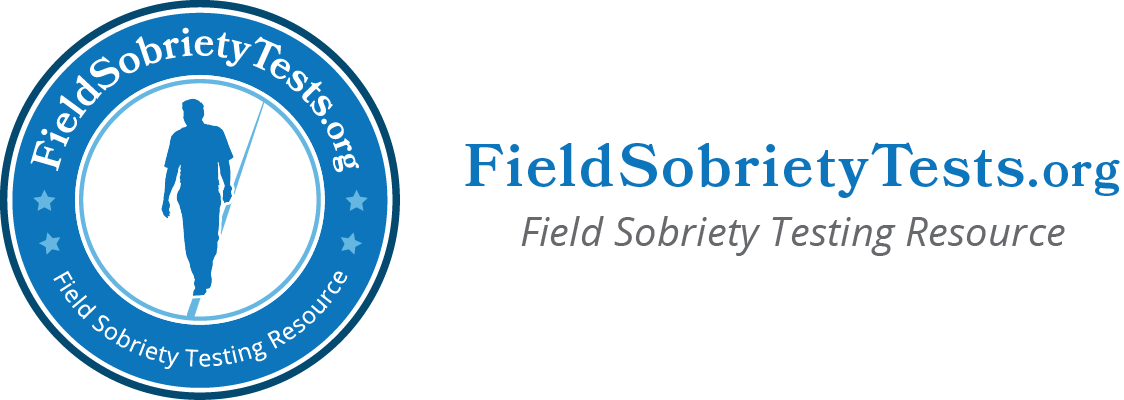ABC Test
Field sobriety tests, such as the ABC test, are used to determine if a driver is under the influence of alcohol and/or drugs. If an individual fails these tests, the officer may place him or her under arrest for driving under the influence.
ABC Test Procedure
While many people believe that the ABC test consists of reciting the alphabet backwards—something many people would have problems with even in less stressful situations—this is not the case. Rather, the officer may ask you to recite a portion of the alphabet (i.e., from "e" to "x").In some cases, you may be asked to say or write down the entire alphabet.
While you are reciting the ABCs, the officer will look for signs of alcohol or drug impairment. These include slurring your speech, starting the test early, having problems reciting the alphabet correctly and difficulty following directions. If you exhibit one or more of these signs, you could be arrested for drunk driving.
Problems with the ABC Test
The ABC test is not one of the three field sobriety tests standardized by the National Highway Traffic Safety Administration (NHTSA), and there are no consistent guidelines on how it should be administered. This means that one officer may provide different directions or look for different signs than another officer, rendering the test score unreliable.
In addition, language barriers, nervousness or even education could play a role in how well someone recites their ABCs. Even outside distractions could impact someone's memory, making it difficult to perform well on this test.

